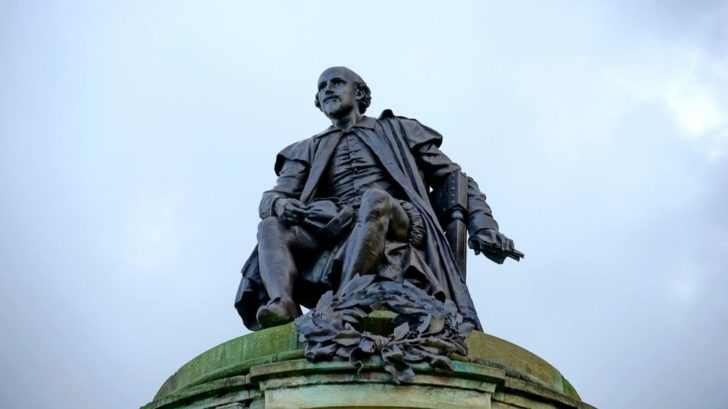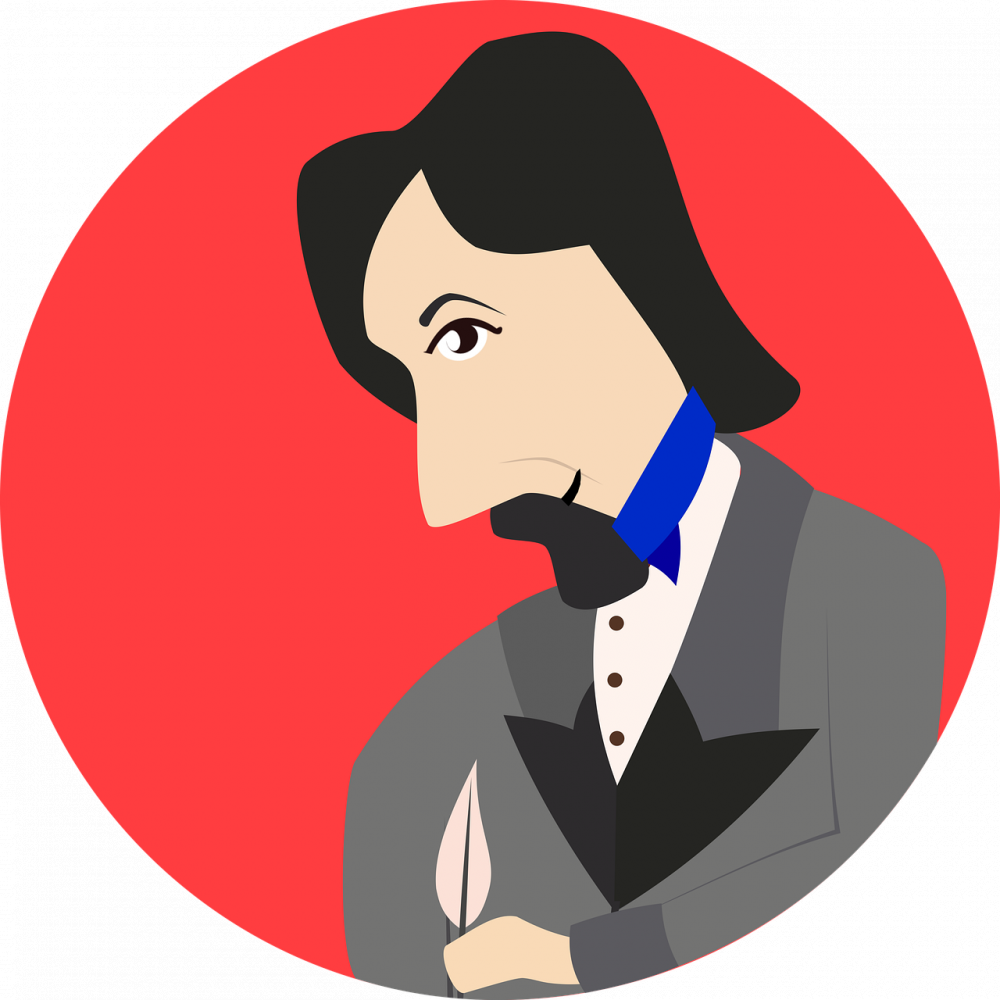Homers Odyssey: A Journey into Ancient Mythology and Epic Adventure

Introduction:
Homer’s Odyssey is an epic poem that has captivated readers for centuries. It tells the tale of Odysseus, a hero of the Trojan War, and his long and perilous journey back home to Ithaca. This epic masterpiece is not only a story of adventure, but also a reflection of ancient Greek culture and values. In this article, we will delve into the depths of Homer’s Odyssey, exploring its significance and evolution throughout history.
I. The Epic Odysseus and His Odyssey:

The Odyssey is believed to have been composed by Homer, a renowned ancient Greek poet, in the 8th century BCE. It is a sequel to another epic poem called the Iliad, which recounts the events of the Trojan War. In the Odyssey, the focus shifts to the protagonist Odysseus, who faces numerous challenges and trials on his journey home. From encountering mythical creatures like Cyclops and sirens to enduring the wrath of vengeful gods, Odysseus’ Odyssey is a testament to the strength of the human spirit.
Key Points:
– The Odysseus myt Explore the background of Odysseus, his role in the Trojan War, and his reputation as a cunning and heroic figure.
– The plot
: Provide a detailed overview of the events in the Odyssey, emphasizing key moments and character development.
– Themes and symbolism
: Analyze the underlying themes and symbolism in the Odyssey, such as the concept of heroism, the power of temptation, and the importance of homecoming.
– Impact of the Odyssey
: Discuss the influence of the Odyssey on later works of literature, art, and popular culture, highlighting its enduring legacy.
II. Evolution of the Odyssey Through Time:
The Odyssey has undergone various transformations and interpretations throughout history. It has been translated into numerous languages and adapted into different art forms, thereby ensuring its continued relevance. Understanding the historical development of the Odyssey provides insight into its universal appeal.
Key Points:
– Ancient Greek society
: Examine the cultural and social context in which the Odyssey was created, shedding light on the values and beliefs of ancient Greeks.
– Ancient Greek oral tradition
: Explore how the Odyssey originally circulated through oral storytelling, shaping its structure and poetic elements.
– Classical antiquity
: Discuss the reception of the Odyssey in ancient Greece and Rome, including its influence on literature and its place in education.
– Medieval and Renaissance interpretations
: Trace the survival of the Odyssey through the Middle Ages and Renaissance, focusing on notable translations and adaptations.
– Modern reinterpretations
: Analyze how the Odyssey has been reimagined in contemporary literature, theater, film, and other artistic mediums, showcasing its continued relevance in the modern world.
III. Unveiling the Odyssey as a Featured Snippet:
Organizing the text in a way that maximizes the likelihood of being shown as a featured snippet on Google search results can greatly enhance its visibility. Here’s an example structure that achieves this goal:
1. Introduction to Homer’s Odyssey
2. The Epic Odysseus and His Odyssey
– The Odysseus myth
– The plot
– Themes and symbolism
– Impact of the Odyssey
3. Evolution of the Odyssey Through Time
– Ancient Greek society
– Ancient Greek oral tradition
– Classical antiquity
– Medieval and Renaissance interpretations
– Modern reinterpretations
4. Conclusion
By breaking down the article into sections and using appropriate header tags (, h2, etc.), it increases the chances of Google recognizing the content as a featured snippet.
Conclusion:
Homer’s Odyssey stands as a timeless masterpiece that continues to enthrall and inspire audiences today. Its portrayal of heroism, determination, and the power of storytelling resonates across cultures and generations. The Odyssey’s journey through history reflects its significance and enduring impact on art, literature, and our collective imagination. Whether one is a devoted fan of ancient mythology or simply captivated by epic adventures, the Odyssey offers a profound exploration of the human condition. So dive into its mesmerizing world and join Odysseus on his unforgettable odyssey.
FAQ
Who wrote the Odyssey?
What is the significance of the Odyssey?
How has the Odyssey evolved through time?
Flere Nyheder
Udstil din kunst: En guide til kunstnere
Introduction: Homer’s Odyssey is an epic poem that has captivated readers for centuries. It tells the tale of Odysseus, a hero of the Trojan War, and his long and perilous journey back home to Ithaca. This epic masterpiece is not only a story o...
02 april 2025
Harmoni og inspiration med stjernetegn plakater
Introduction: Homer’s Odyssey is an epic poem that has captivated readers for centuries. It tells the tale of Odysseus, a hero of the Trojan War, and his long and perilous journey back home to Ithaca. This epic masterpiece is not only a story o...
07 juni 2024
Vælg de perfekte billedrammer til dit hjem
Introduction: Homer’s Odyssey is an epic poem that has captivated readers for centuries. It tells the tale of Odysseus, a hero of the Trojan War, and his long and perilous journey back home to Ithaca. This epic masterpiece is not only a story o...
04 marts 2024
Alt Om Rammer: Indram Dit Livs Vigtige Øjeblikke
Introduction: Homer’s Odyssey is an epic poem that has captivated readers for centuries. It tells the tale of Odysseus, a hero of the Trojan War, and his long and perilous journey back home to Ithaca. This epic masterpiece is not only a story o...
04 marts 2024











